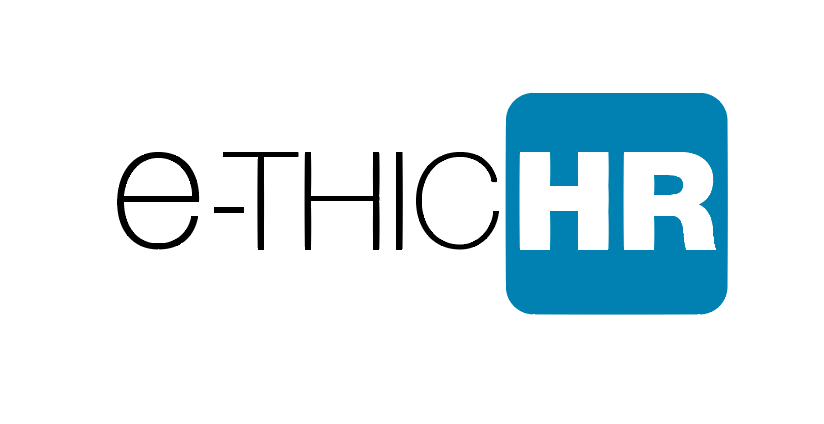By Christina Macres
“Where do you see yourself in five years?” — we all know the question. So why are we still stumped when someone asks this granddaddy of a ridiculous interview question in our interview? Here’s why – because most job seekers believe it has no relevance. The reason? No company can (or ever will) guarantee an employee a job for five years.
But, quite frankly, this is the wrong way of looking at this question. And, in actuality, this question (although obscurely phrased) is actually one of the easiest interview questions to answer — if you know how to answer it properly. The secret? Most interviewers look for interviewees to answer by way of long-term professional goals. So instead of sweating, rolling your eyes (don’t do it!), or drawing a complete blank when asked your five-year goal, use it an opportunity to share your motivation for the job, your goals for building your expertise, and your eagerness to succeed. It really works — we swear!
Check out these five tips on how to best answer this doozy of an interview question:
Tip #1: Choose the best answer.
Only after you’ve gotten a good feel for the company, as well as for the potential position, will you actually be able to state your five-year plan suitably. Why? Because the hiring manager is using this knowledge as a basis for the “right answer” — don’t be fooled, there’s always a right answer! For example if you wish to be hired by an older company looking for employees who want to develop their expertise, not management skills, it’s probably not the best idea to talk at length about your managerial goals.
Heads up: Interviews work both ways. Always keep in mind that you are using this interview as a means to analyze the potential employer as well. If their needs don’t mesh with your creative goals and career outlook, it might be necessary to look elsewhere.
An answer for those who want to be experts: If your career goal is to be an expert in your field (this is more likely to be true of younger professionals, or those who are newer to their careers) you may want to say something like, “ In five years, I see myself as a successful graphic designer (or your creative field), and learning new skills that will benefit the company and help me achieve my career goals. I am eager to experience new challenges and excited to invest five years time specializing in a career I find extremely interesting and motivating.”
An answer for those who wish to be management: If your career goal is to move up the ranks because you’ve become an expert in your field, you may want to say something like, “In five years I see myself in a management role. This would allow me to demonstrate my aptitude for managing others and having more responsibility. I am a dedicated employee and hope to better both my career and my company via my commitment and enthusiasm.”
Tip #2: Be realistic and motivated.
It doesn’t matter how well you answer the five-year question, if you don’t answer it realistically, you’ll lose the respect of your interviewer. For example, it’s probably not the best idea to announce that you’d like to be creative director in five years during your internship interview. Once you’ve presented yourself as unrealistic, good luck trying to get your interviewer to take the rest of your interview seriously.
Tip #3: Communicate that you’re in it for the long haul.
Many interviewers ask this dreaded question to decipher whether you’re just settling for the position or using it as stepping stone for bigger, better opportunities. Assure your interviewer that you’re looking to make a long-term commitment to the company and your career. Do this by stating goals clearly. Make sure to convey that you believe future success comes with everyday excellence. You can steal that last part if you want.
Tip #4: Demonstrate that you’ve read the job description.
Nothing irks an interviewer or is more disappointing than a potential employee who hasn’t done their homework. Not only are you not equipped for the conversation you’re about to have, you’re also confirming that you like wasting people’s time and looking totally unprepared.
Bad interviewee.
What you’re really doing if you don’t prepare and research? You’re just making the interview that much harder on yourself.
Good Idea: Use the company’s strengths to capitalize on your own. For instance, if the company is largely team-based, mention that you’re a good team player and work best in collaborative environments. While you’re answering, use the specific duties listed in the job description to formulate professional goals. Your interviewer will like that you’re knowledgeable and that your goals fit with those of the company.
Remember, going into the interview you should have a clear idea of the working environment, the environment you work best in, and what interests you about the job. This way you can meld those answers into the inevitable “Where will you be in five years?” question.
Tip #5: Walk a fine line.
Meaning, don’t overshare or be too descriptive when describing the next five years of your professional life. Interviewees tend to answer this question either in a personal nature or by delving into the innermost yearnings of what they want for their future careers. Don’t do it! The first response comes off as unprofessional; the second, whiny.
Without going into great detail or mentioning specific positions, communicate to the interviewer that you are motivated, knowledgeable, and eager to take on the position.
Tie your future goals to the potential position and the company’s vision and you’re golden.
